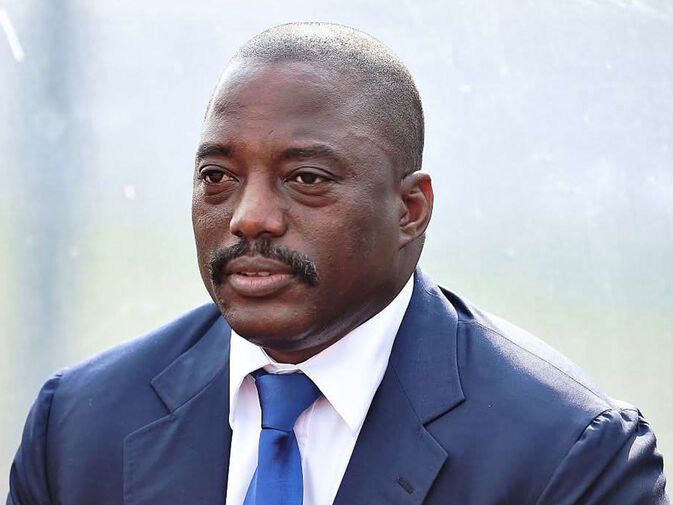A military court in the Democratic Republic of the Congo (DRC) has sentenced former President Joseph Kabila to death in absentia.
Lieutenant General Joseph Mutombo Katalayi, who presided over the military tribunal, said on Tuesday that Kabila was convicted of various crimes, including treason, crimes against humanity, murder, sexual assault, torture and insurrection.
“In applying Article 7 of the Military Penal Code, it imposes a single sentence, namely the most severe one, which is the death penalty,” Katalayi said while delivering the verdict.
Kabila, who served as president from 2001 to 2019, had left the DRC in 2023, but recently visited Goma in the east of the country, an area controlled by the M23 rebel group.
The former president went on trial in absentia in July for his alleged support for the Rwanda-backed rebels, who seized large swaths of territory in the eastern DRC this year.
Rwanda has denied providing military support to the M23, but United Nations experts say its army played a “critical” role in the group’s offensive.
There was no immediate information about Kabila’s whereabouts after the military court’s verdict on Tuesday.
The ex-president did not attend the trial and was not represented by legal counsel. Neither he nor his representatives were immediately available for requests for comment from the Reuters news agency.
Kabila had previously slammed the case against him, calling the courts “an instrument of oppression”.
An appeal against the High Military Court’s verdict is still possible before the Court of Cassation, albeit only on grounds of a claim of procedural irregularities, not to review the merits of the case.
Observers say the court’s verdict aims to remove the possibility that Kabila could unite the opposition within the country, despite his exact whereabouts being unknown.
Still, many have questioned whether the decision could fuel further unrest.
Yinka Adegoke, Africa editor at the Semafor news outlet, told Al Jazeera that Kabila has been “a thorn in the side” of DRC President Felix Tshisekedi for some time.
The two men used to work together, Adegoke noted, but Kabila no longer served the Tshisekedi government’s interests as he “has his own power base [and] his own support”.
“The problem with this sentencing now is that it could make Kabila supporters feel that this [trial] is all politically-motivated,” Adegoke said.
The ruling came after the DRC Senate voted in May to repeal Kabila’s immunity from prosecution, a move the former president denounced at the time as dictatorial.
The country also lifted a moratorium on the death penalty last year, but no judicial executions have been carried out since.
Military prosecutor General Lucien Rene Likulia had demanded the death penalty for Kabila.
Likulia accused the ex-leader of plotting to overthrow Tshisekedi, while the other charges against him, including homicide, torture and rape, were linked to M23.
A peace agreement between the Congolese and Rwandan governments was signed in June in Washington, DC. A declaration of principle with the M23 “in favour of a permanent ceasefire” was also signed in Qatar in July.
But violence persists on the ground and NGOs have denounced abuses against civilians, including summary executions, gang rapes, and kidnappings.
A UN investigation in early September found all parties to the conflict could have committed war crimes and crimes against humanity.
